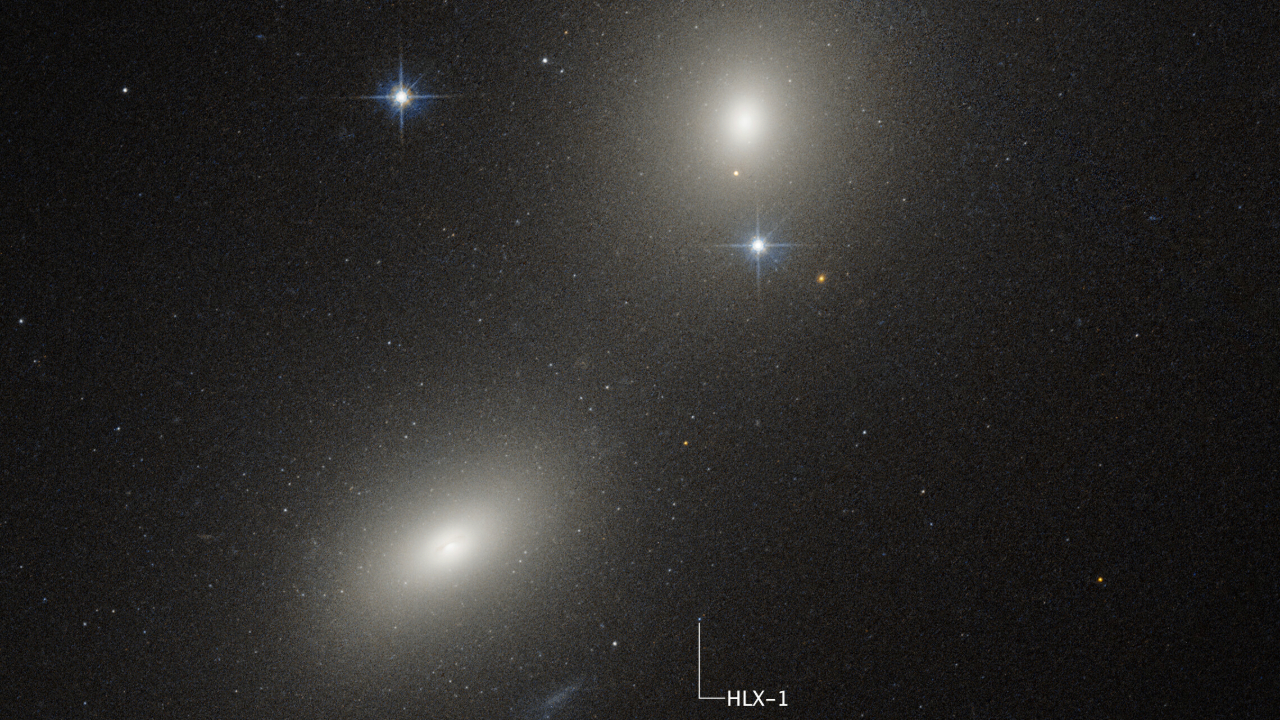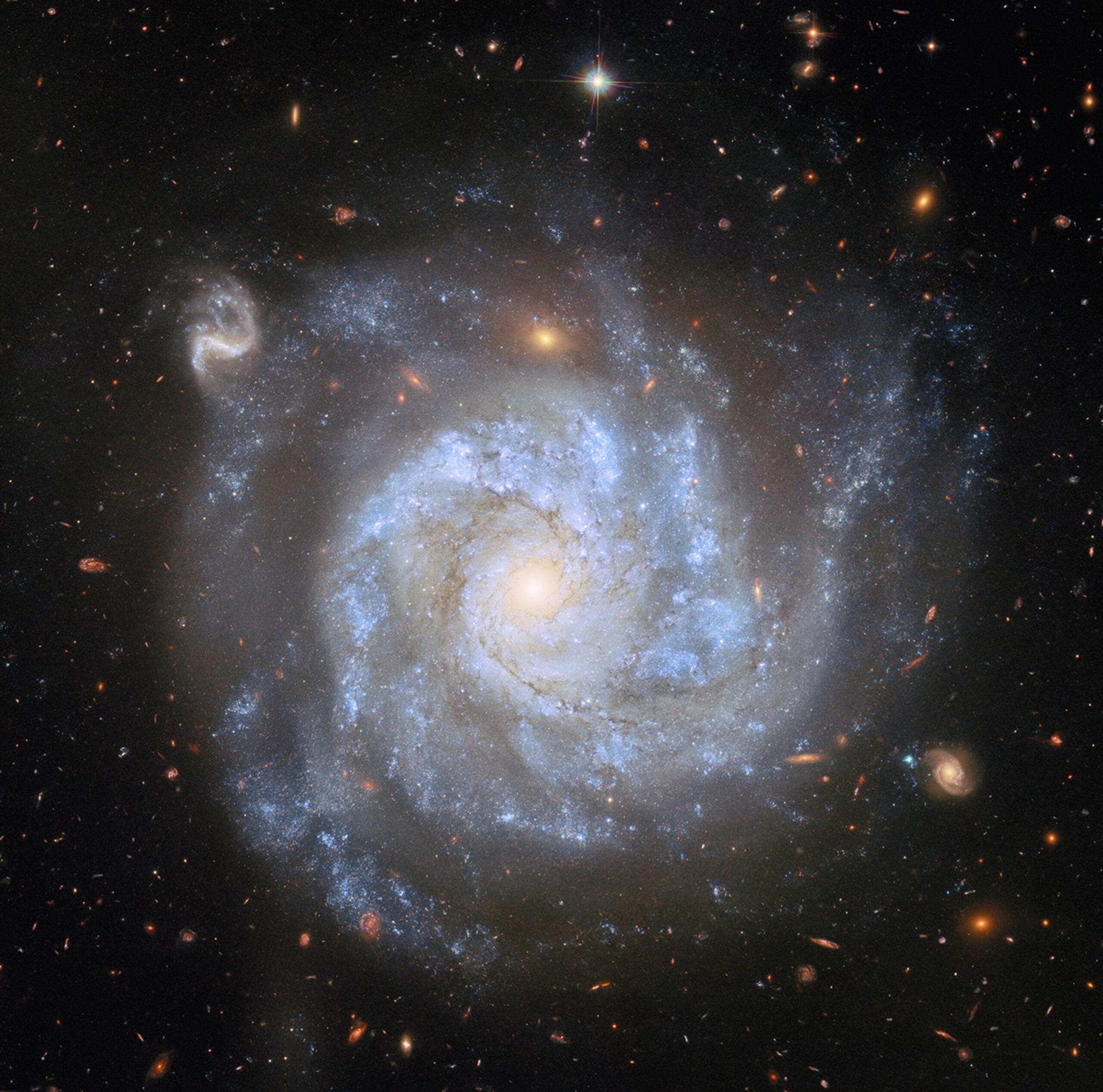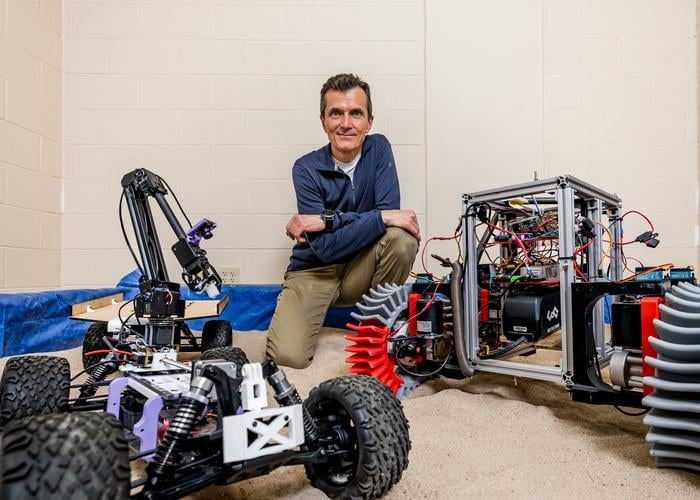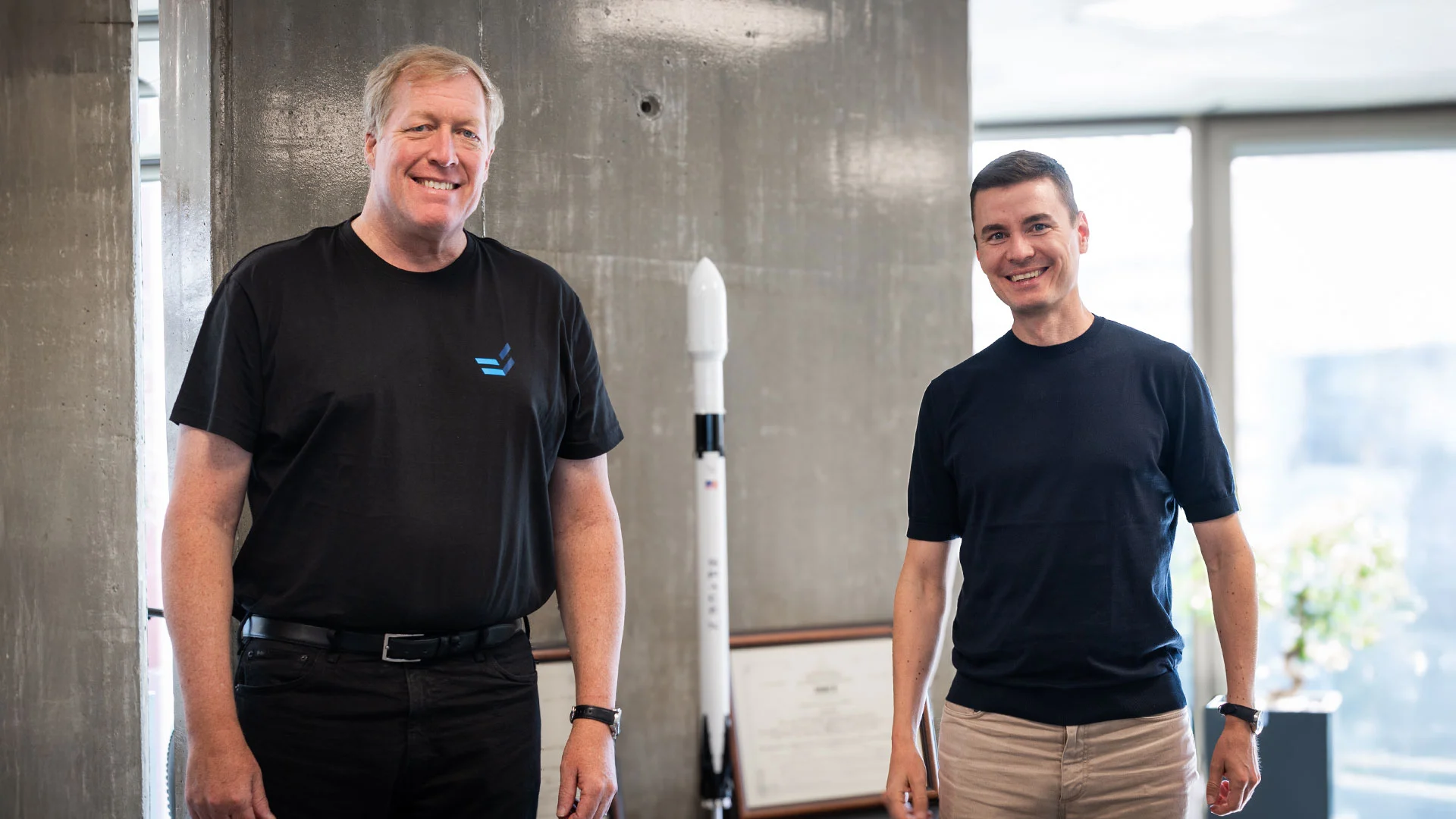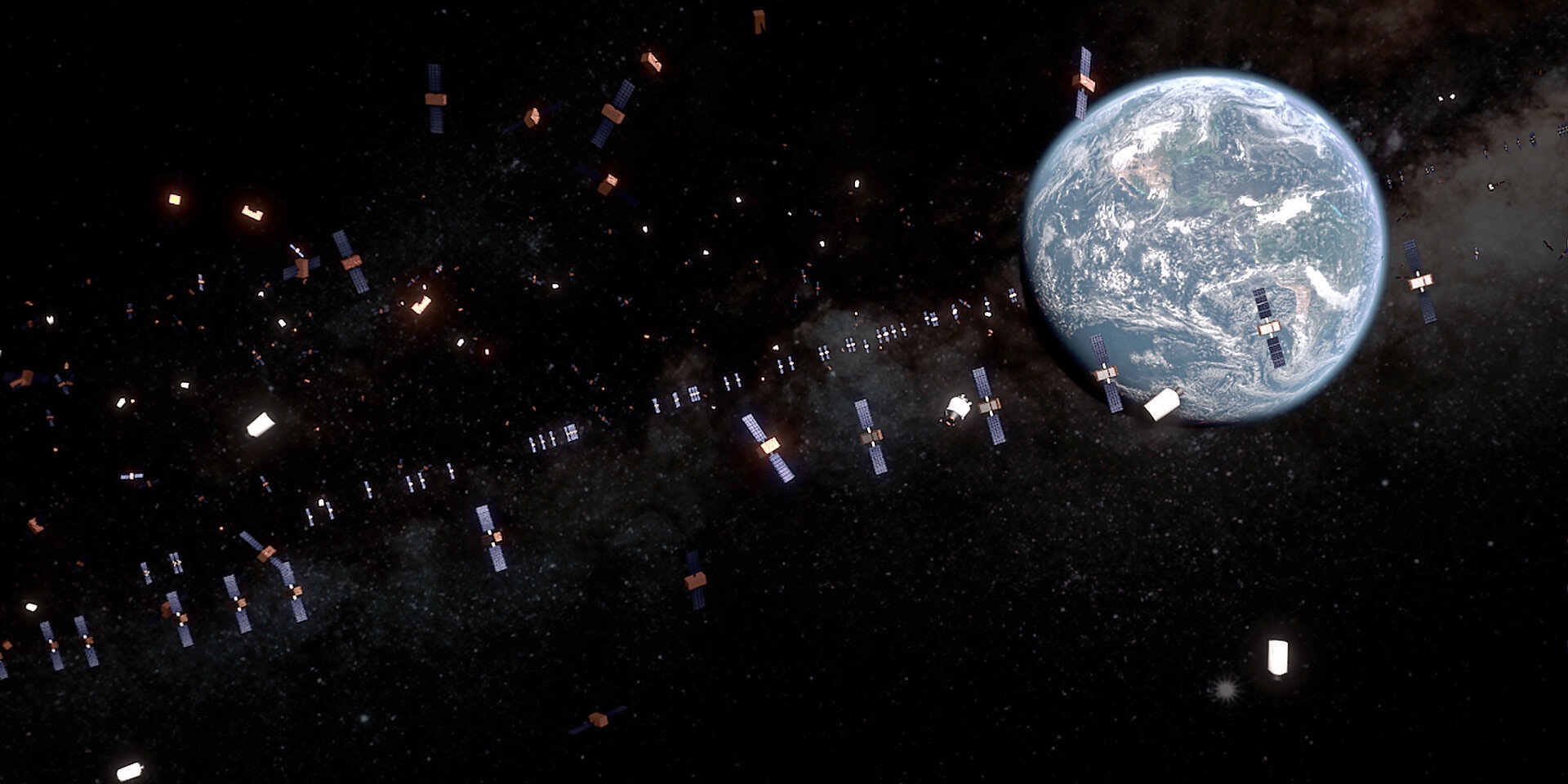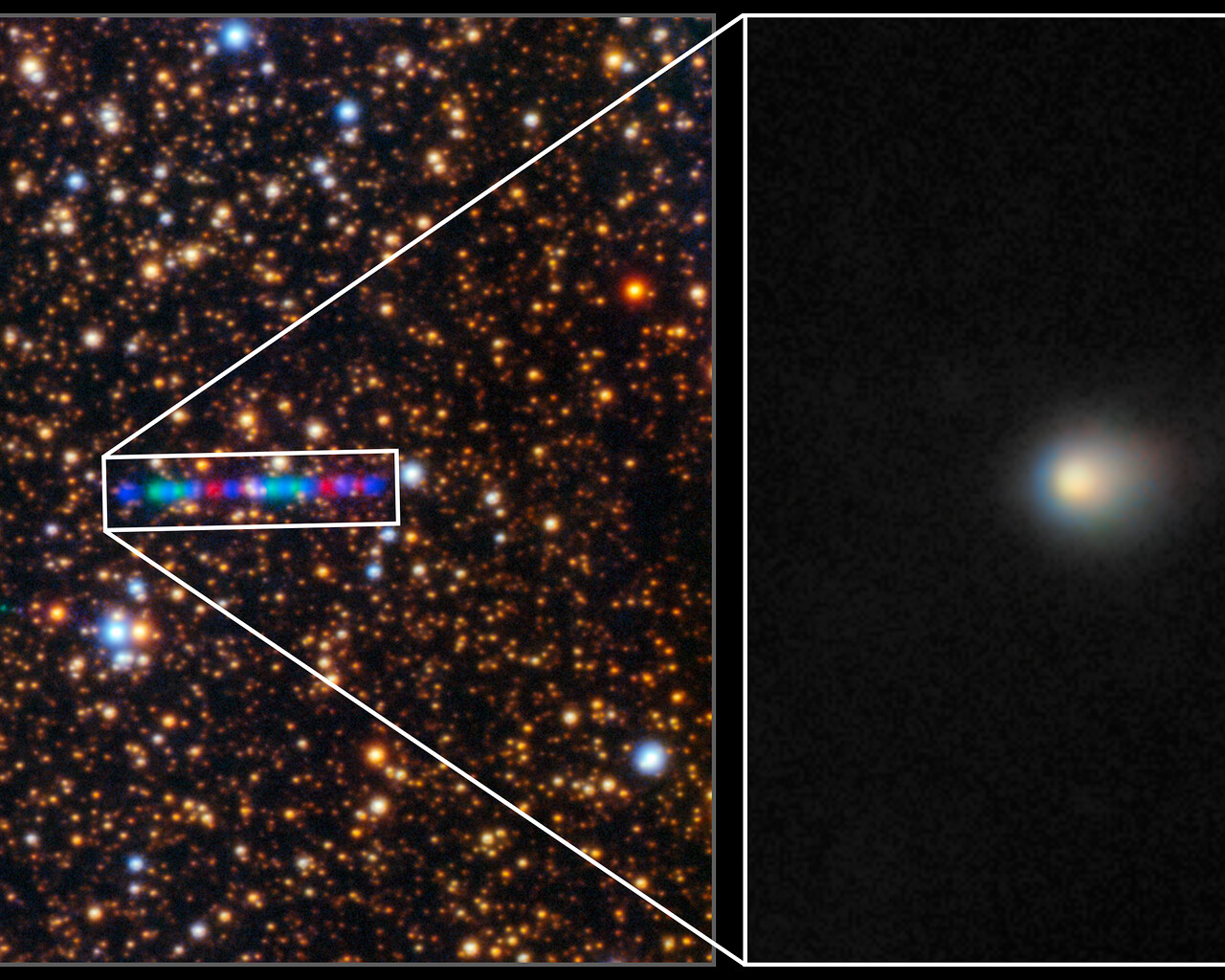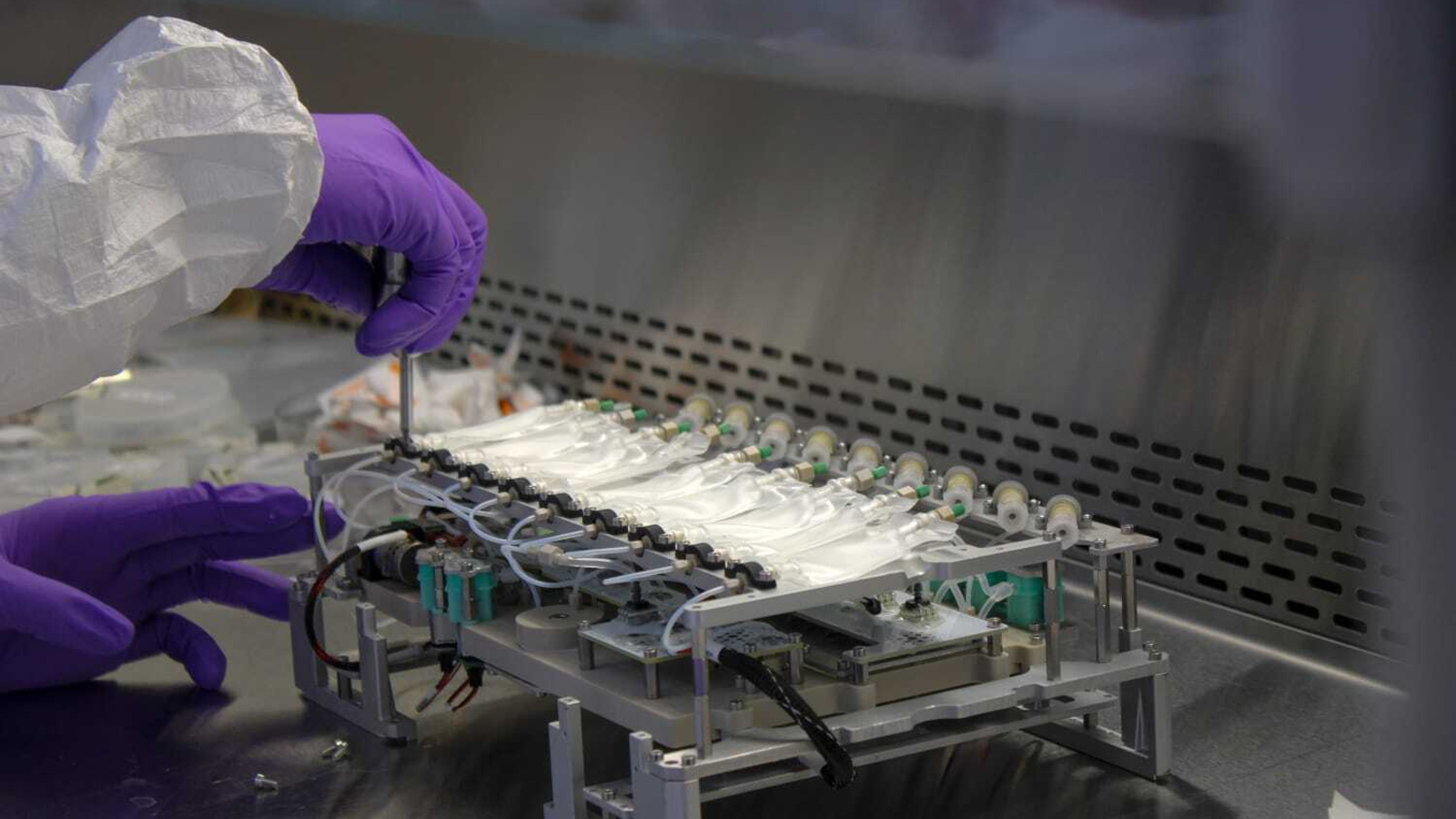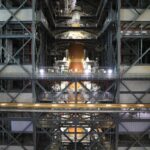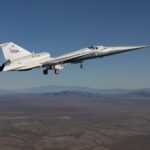Researchers from the University of Greifswald and the Max Planck Institute for Astronomy (MPIA) in Heidelberg (both in Germany) have developed a prototype experimental setup that simulates flow properties using
Hot Posts409- Page
A rogue, middle-mass black hole has been spotted disrupting an orbiting star in the halo of a distant galaxy, and it’s all thanks to the observing powers of the Hubble
Science is driven by our desire to understand things. In some cases, where it requires significant effort and investment to develop systems that can understand new things, science benefits from
Explore Hubble Hubble Home Overview About Hubble The History of Hubble Hubble Timeline Why Have a Telescope in Space? Hubble by the Numbers At the Museum FAQs Impact & Benefits
Very massive stars (VMSs)have had a massive impact on the formation of our universe. However, there aren’t very many of them, with only around 20 known specimens in the Milky
Simulating extraterrestrial environments on Earth has always been a challenge. Our planet has a pleasant atmosphere, reasonable temperatures, and a moderate amount of gravity, unlike the rest of the solar
WASHINGTON — European satellite manufacturer EnduroSat has appointed Paul “Rusty” Thomas as chief executive of its U.S. subsidiary, EnduroSat USA, as the company scales up operations. To continue reading this
Outer space, the new high ground, is no longer the solitary domain of state powers. The growing participation of the private sector alongside government initiatives signals a dramatic transformation in
The newly discovered interstellar object 3I/ATLAS could be a piece of “possibly hostile” extraterrestrial technology in disguise, according to controversial research from a small group of scientists, including a renowned
There’s a secret, extra member of Crew-11 traveling to the International Space Station right now: disease-causing bacteria. Or, at least, such bacteria will be growing aboard the orbiting laboratory very
-
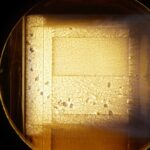 012024 in Review: Highlights from NASA in Silicon Valley
012024 in Review: Highlights from NASA in Silicon Valley -
 02Panasonic Leica Summilux DG 15mm f/1.7 ASPH review
02Panasonic Leica Summilux DG 15mm f/1.7 ASPH review -
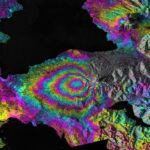 03How New NASA, India Earth Satellite NISAR Will See Earth
03How New NASA, India Earth Satellite NISAR Will See Earth -
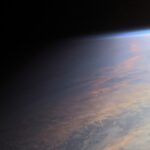 04And Thus Begins A New Year For Life On Earth
04And Thus Begins A New Year For Life On Earth -
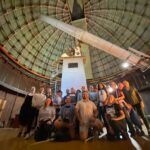 05Astronomy Activation Ambassadors: A New Era
05Astronomy Activation Ambassadors: A New Era -
06SpaceX launch surge helps set new global launch record in 2024
-
 07Space Force plans new ‘Futures Command’ amid pressure to speed up modernization
07Space Force plans new ‘Futures Command’ amid pressure to speed up modernization


